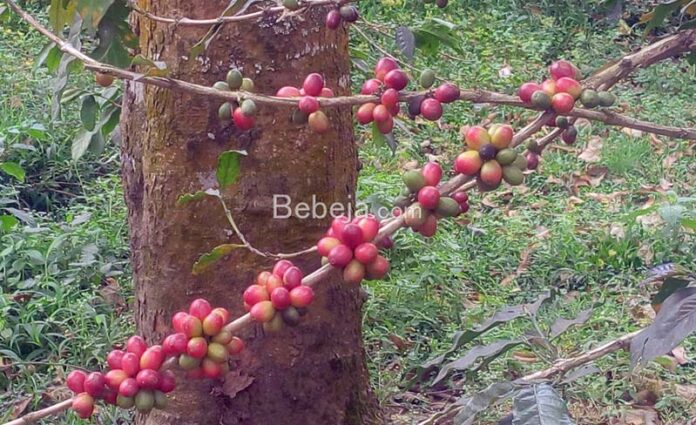There are two methods for processing coffee after harvest: wet grinding and dry grinding. The difference between the two methods is the speed of the drying time of the coffee beans.
In the wet grinding method, the drying process of coffee beans lasts for 7-10 days because the coffee beans are no longer wrapped in parchment skin after going through the hulling process.
Compared to the dry grinding method, which takes twice as long at 15-20 days due to the coffee beans being wrapped in the horn skin, the wet grinding processing method yields a stronger flavor.
The coffee bean processing process includes several stages: picking 95% ripe fruit and selection, hulling, washing, fermentation, drying to 11-12% moisture content, and storage. To maintain product quality, the warehouse must be kept hygienic and have a room temperature of 20-25°C with a humidity level of 65-70%.
To achieve unique coffee flavors, carefully choose coffee varieties and plant them in a controlled manner. When planting robusta coffee plants, it is recommended to plant 3-5 different types of coffee in the same area to ensure cross-pollination. In contrast, Arabica coffee plants only require one type to be planted, although planting 2-3 different types can result in higher-quality coffee.
The quality of coffee in cultivation is greatly affected by the altitude of the location. For instance, planting arabica coffee requires an altitude above 1,000 m above sea level to achieve sour, sweet, and fragrant flavors.
Although arabica coffee plants can still grow at lower altitudes, the flavor of the coffee becomes more bitter. On the other hand, robusta coffee plants are suitable for cultivation at altitudes above 500 m above sea level.
